Icarus Community Report
Issue 5, September 2022
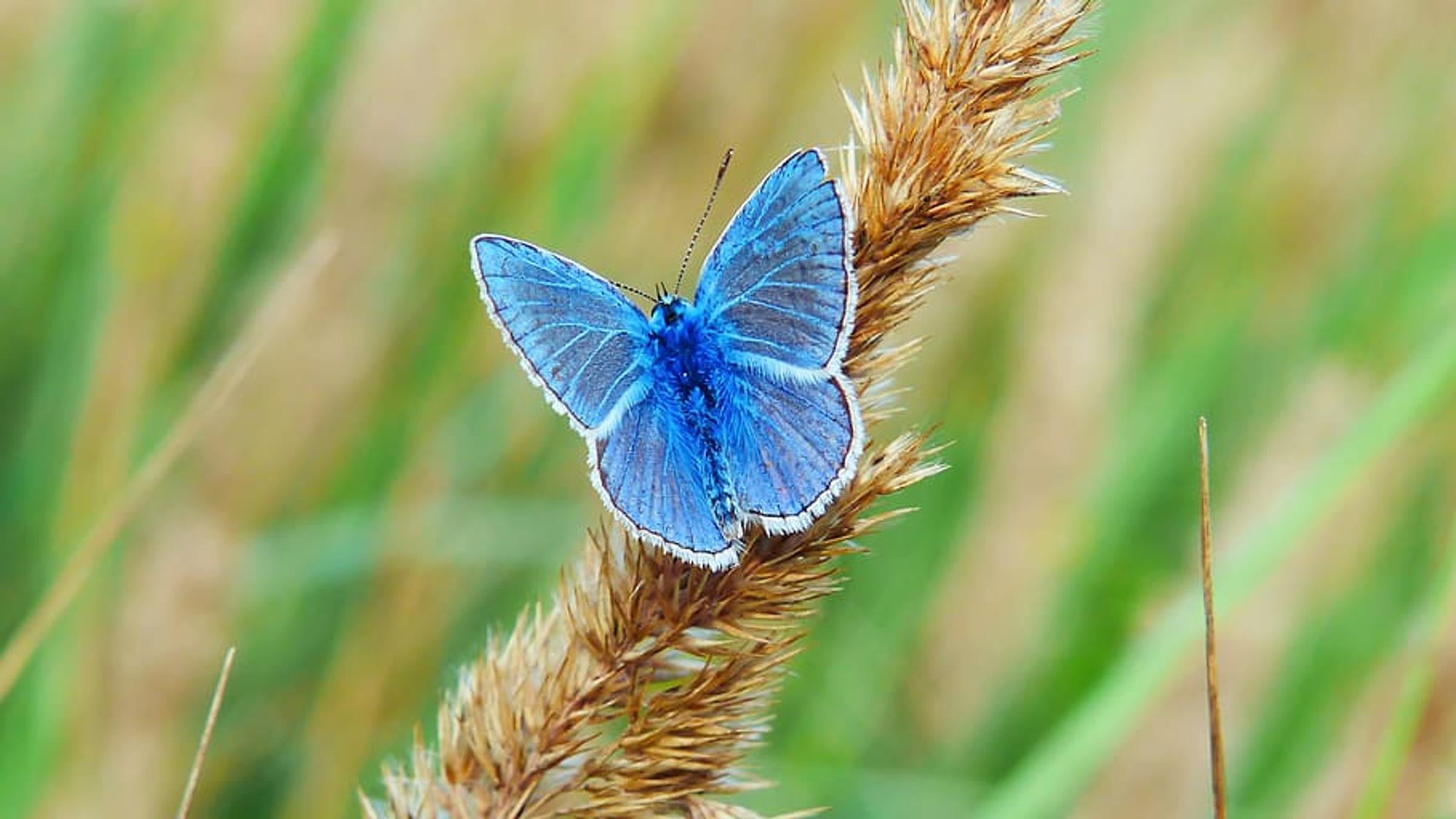
Icarus Community Report
Issue 5, September 2022
Welcome to the Icarus Community for 2022 Grade 3/4 September 2022 Newsletter
With Term 3 coming to an end, we would like to acknowledge all the hard work of students in the Icarus Community. It has been a wonderful term, filled with many highlights, including Book Week and seeing the wonderful costumes students wore for our book week parade. We look forward look forward to an exciting Term 4 ahead!
Reading
Recently, the students in 3/4 Icarus have been focusing on three main comprehension strategies. They are:
SYNTHESISING-Using prior knowledge combined with new knowledge, and collating key information into a summary.






ANALYSING an author’s craft to understand the text at a deeper level. Students answered questions such as:
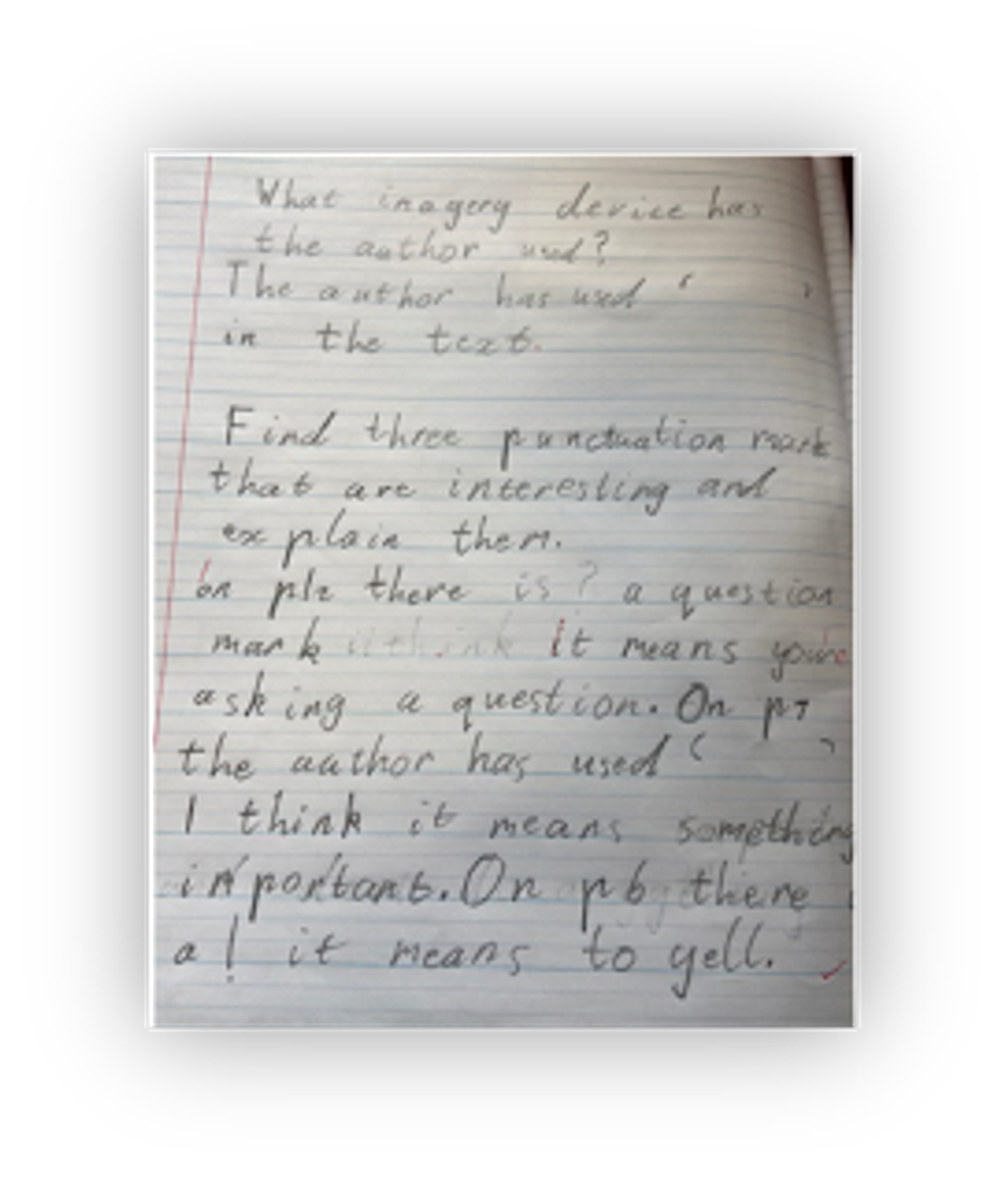
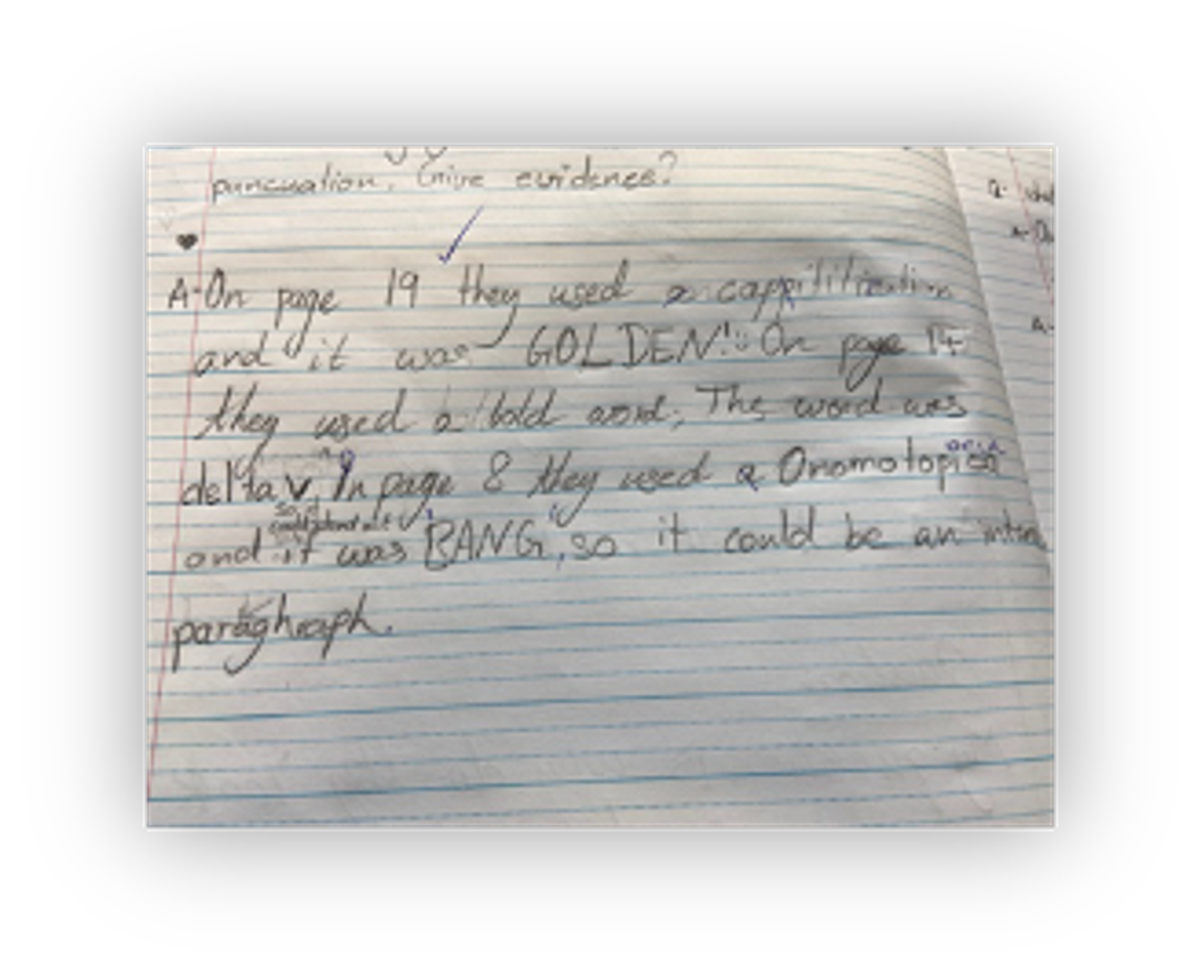
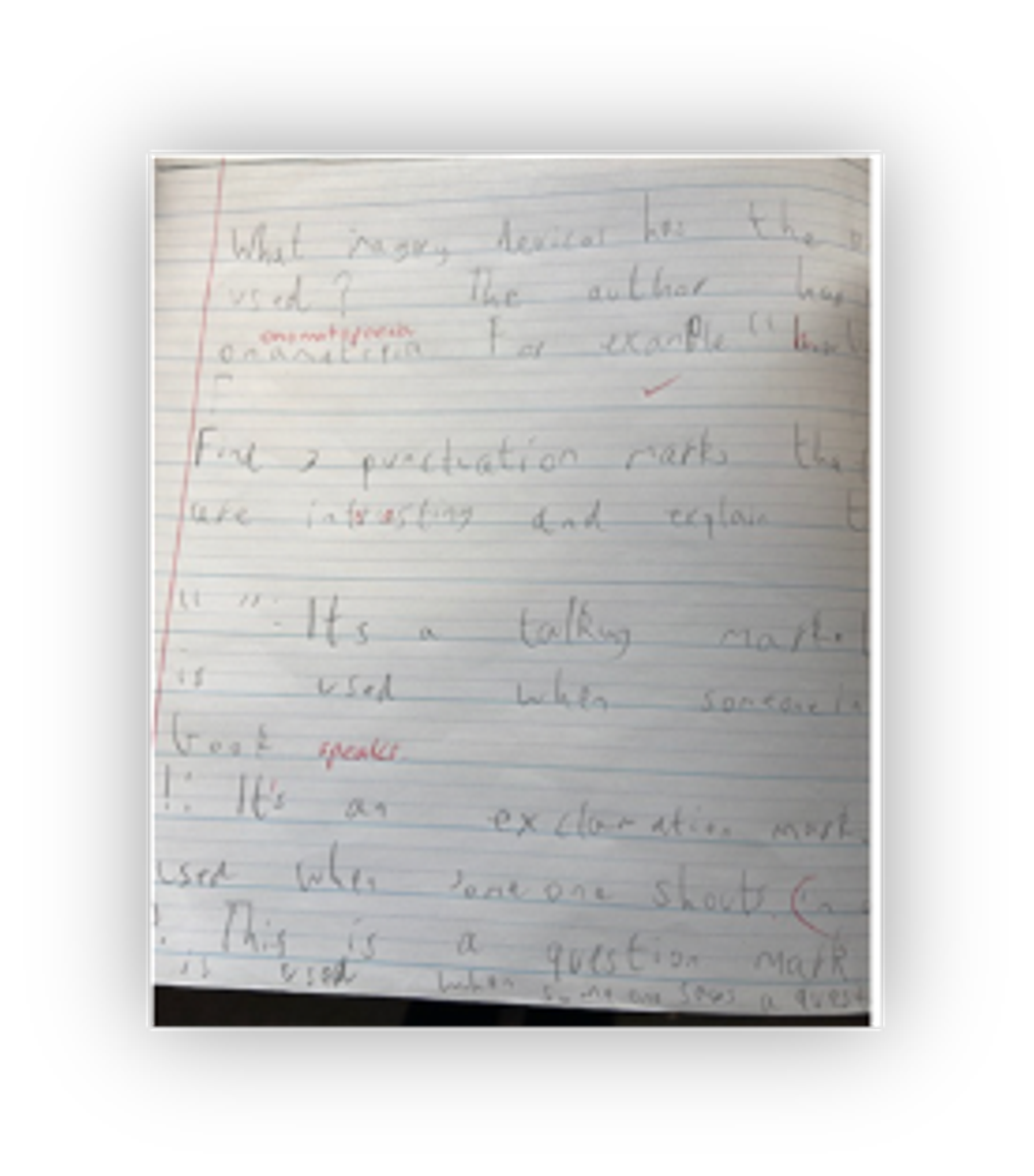
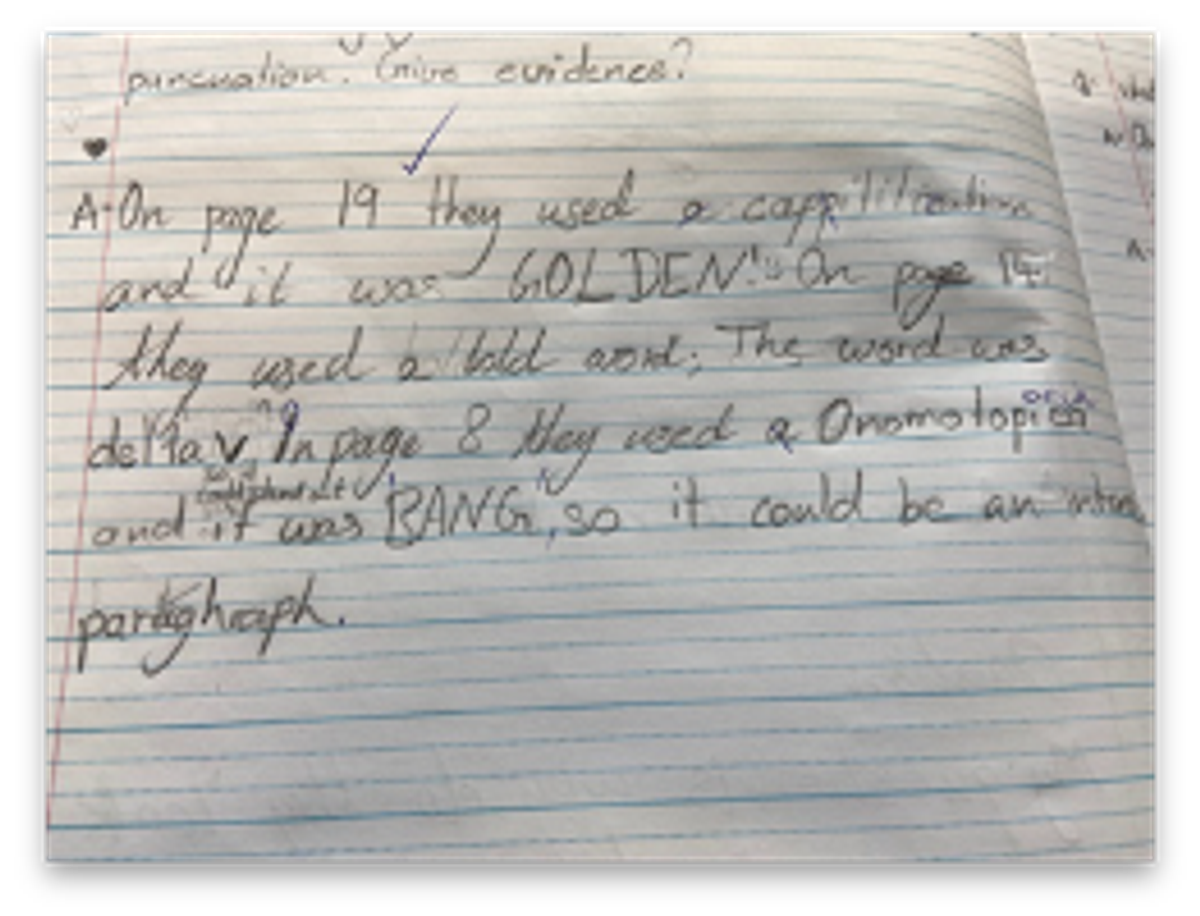




SOLVING WORDS-Using a range of strategies to read and understand the meaning of unfamiliar words. This is an important skill because it increases students’ vocabularies. Some of the strategies used are as follows:
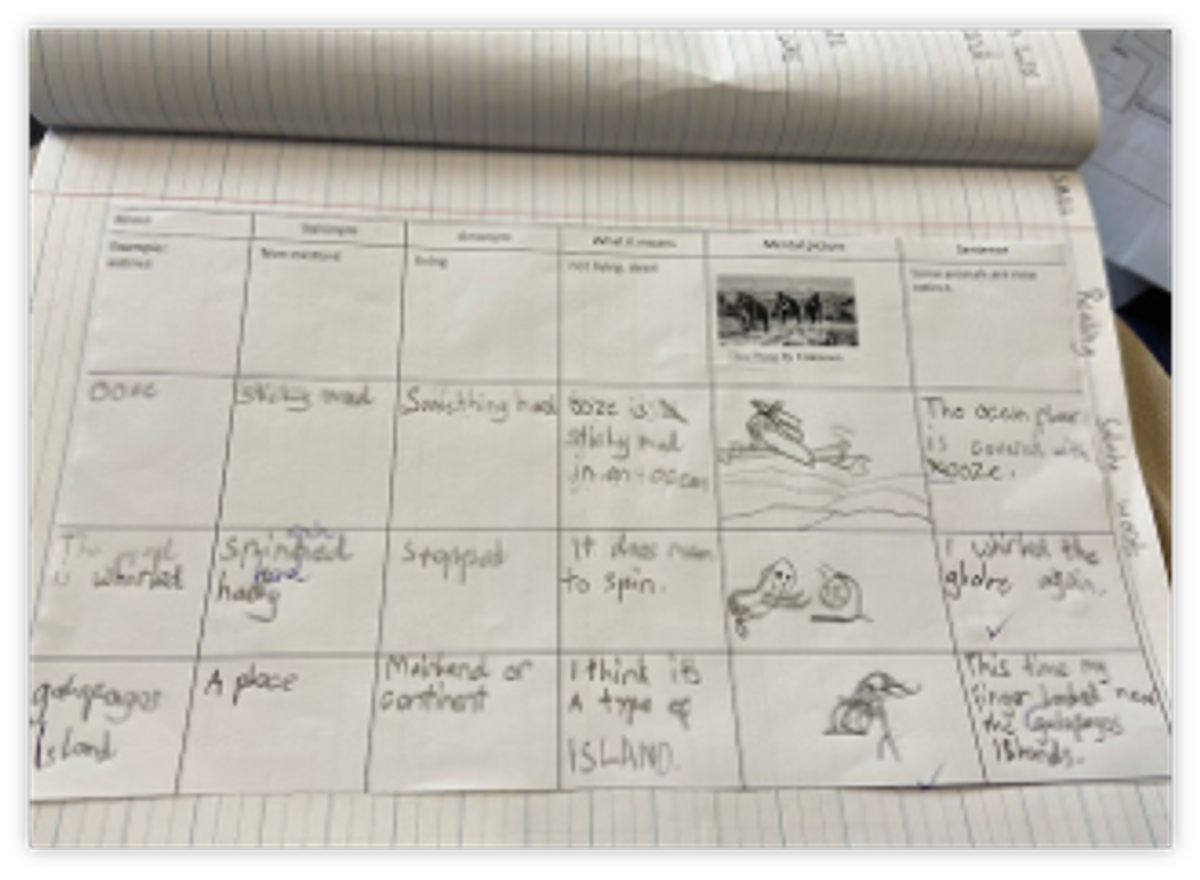



Some students have also read online texts, in groups and used Reciprocal Reading techniques to discuss texts. This requires students to make predictions about a text, clarify the meaning of words, ask and answer questions and summarise a text.
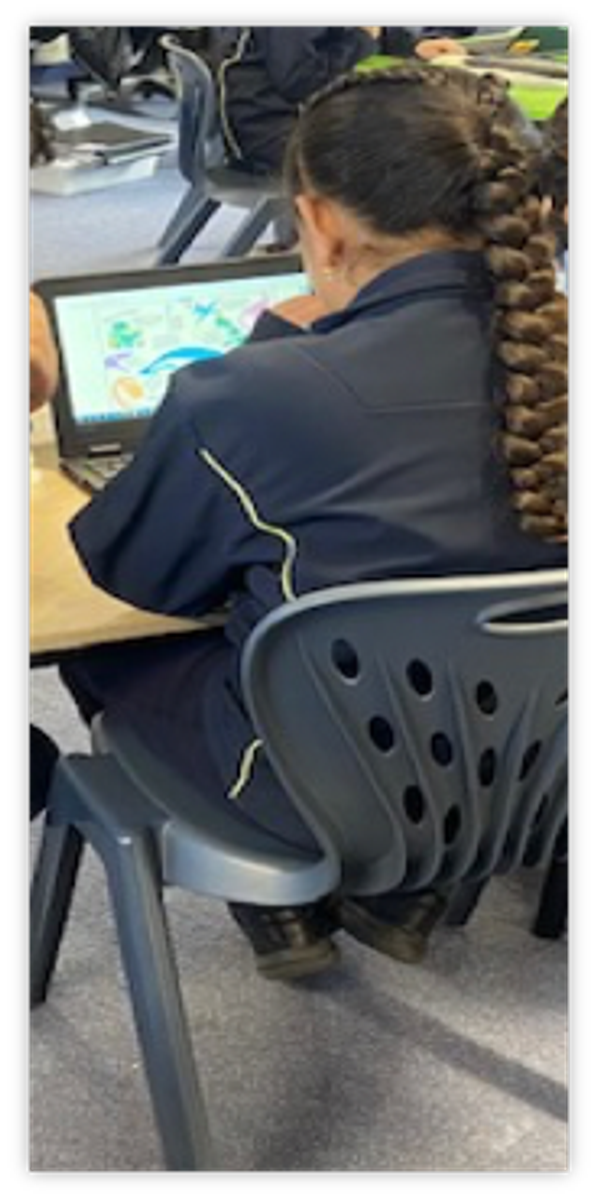
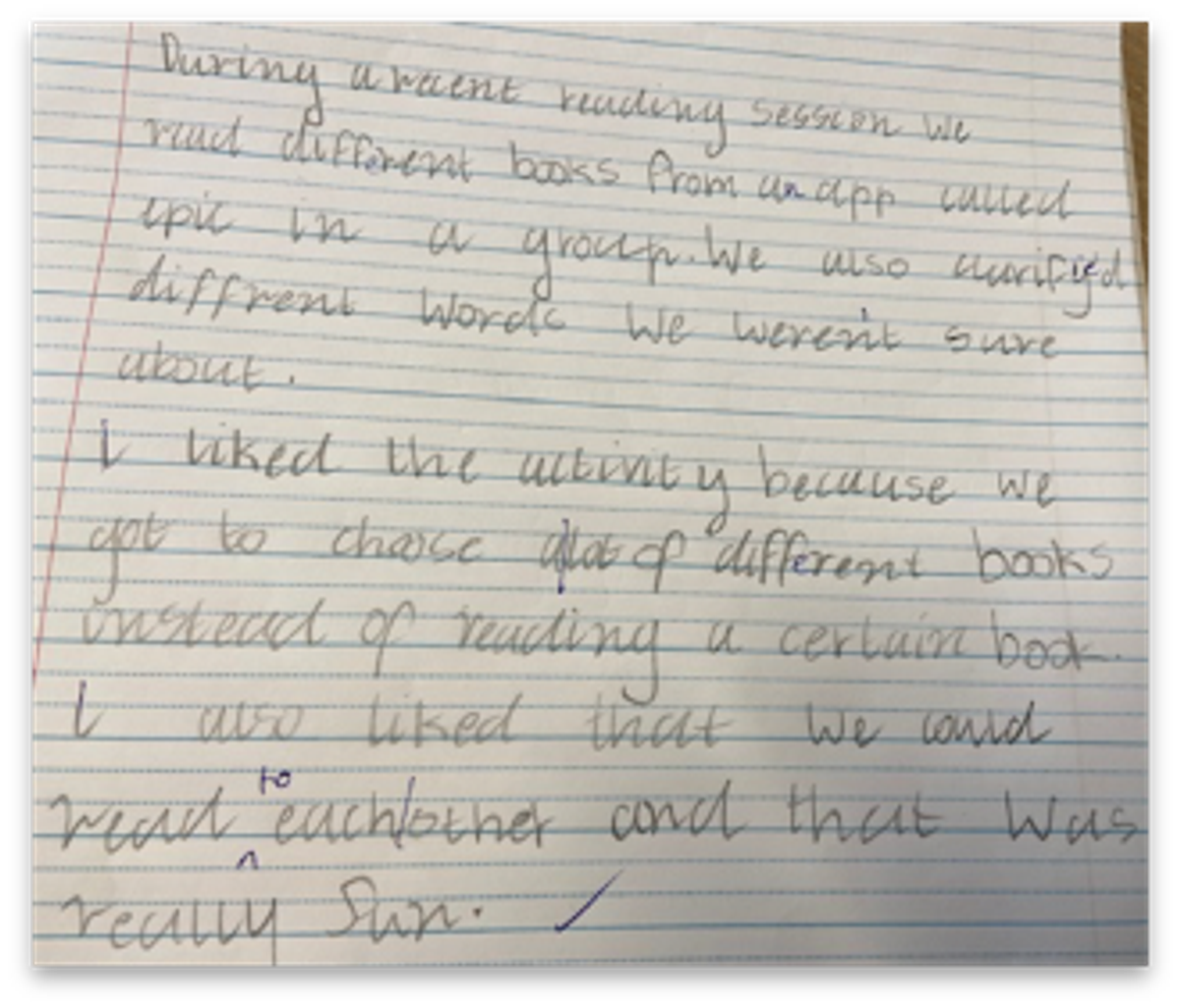
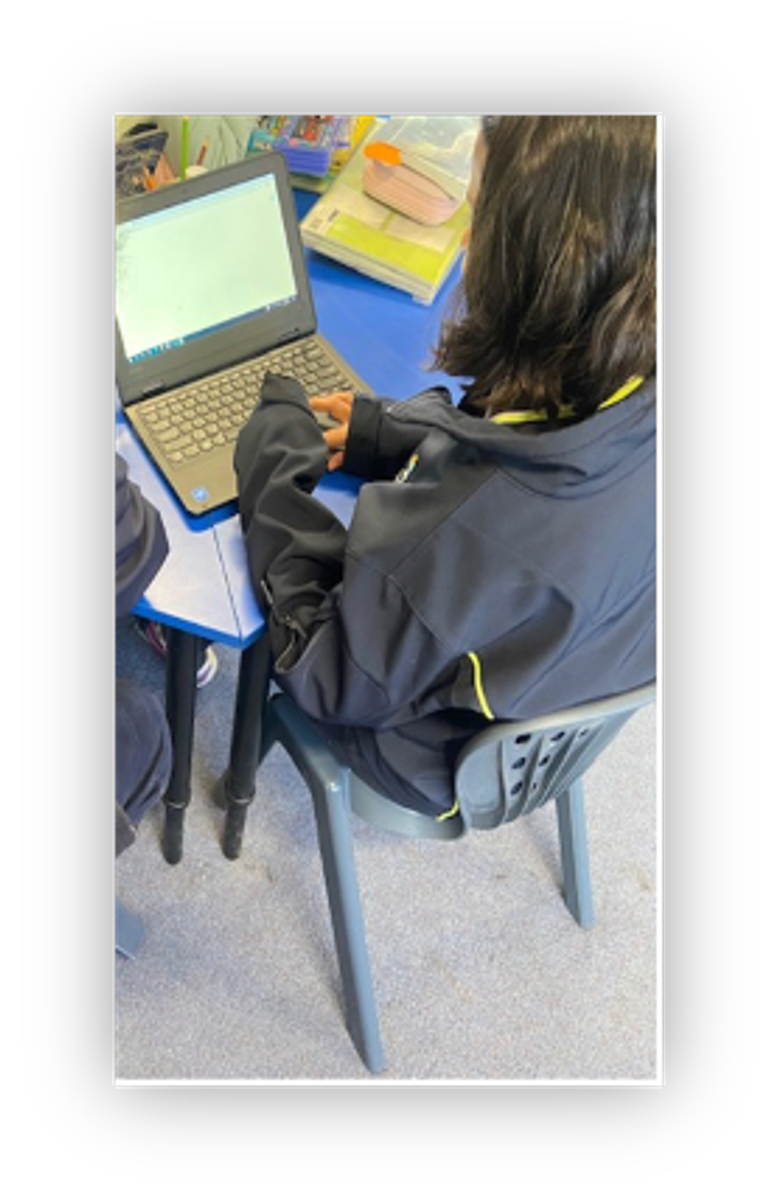



Writing
In Writing, the Icarus community have been learning about Explanation writing. Explanation writing is to explain how something occurs. It sounds obvious, but it’s a little more complicated than it might at first appear. An explanation is normally a response to a question. There are several types of explanation writing, designed to suit different purposes.
Firstly, students were able to explore several different ecosystems. The ecosystem were deserts, rainforests, grasslands, forests, marine and tundra. They were required to answer the following questions.
Then, students asked a question about their biome (ecosystem). Students selected an area that they were interested in finding out more information on. This allowed the Icarus students to identify the following:
Students were able to present this writing in a booklet and as a poster. Once they selected an area of interest, students completed a 1st draft of their explanation text. After finishing the good copy of writing they were able to complete a publish piece using bookcreator.com, an excellent resource.
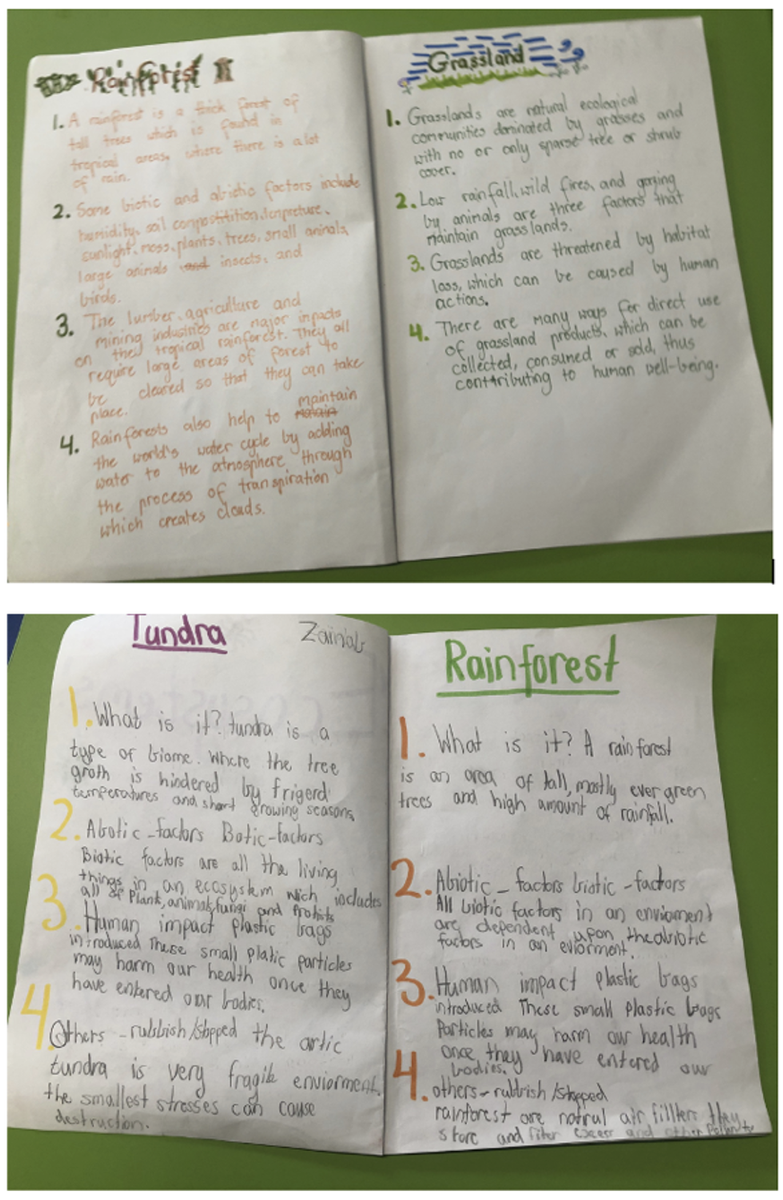
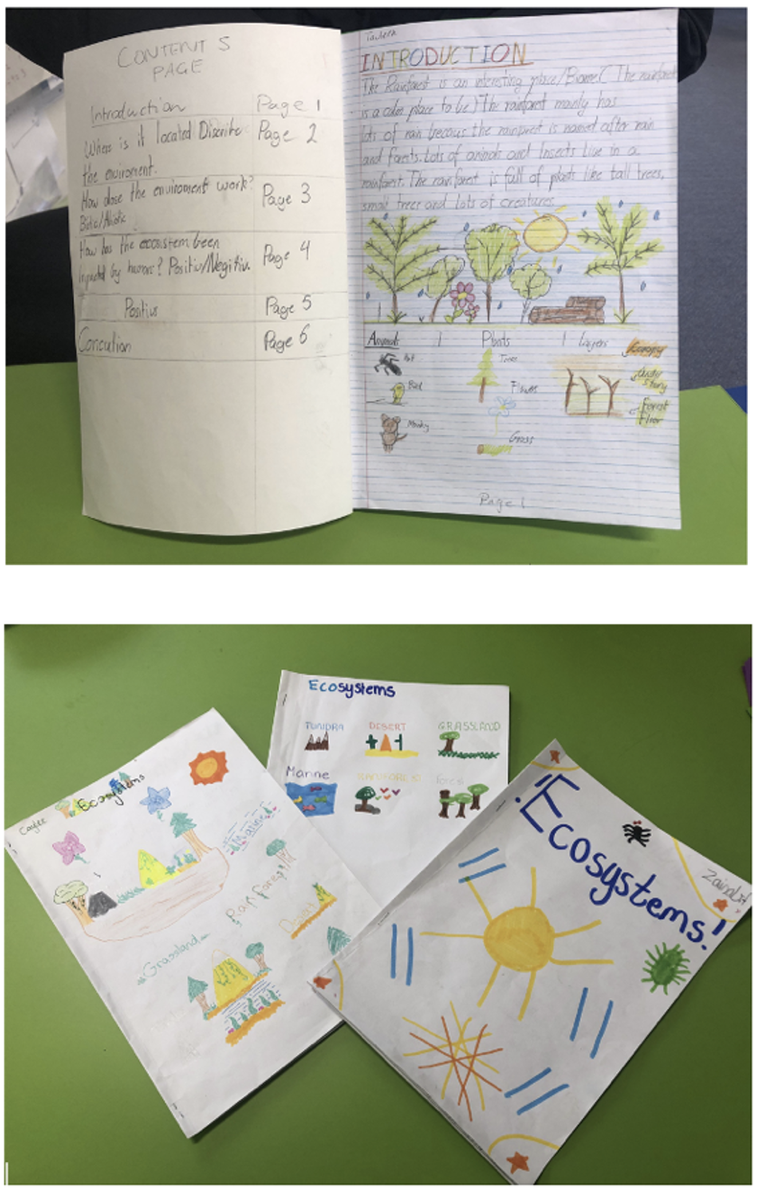
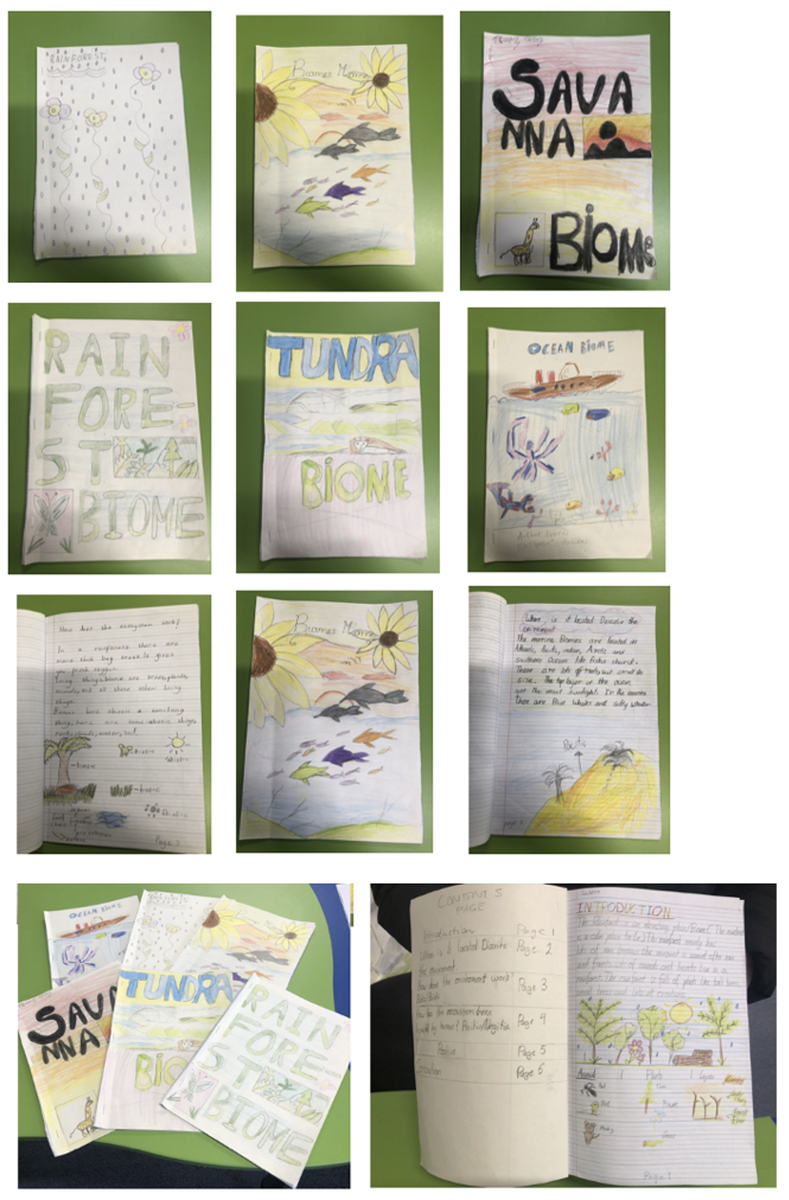





Numeracy
In numeracy, students have been learning about the concepts of fractions and decimals and area and perimeter.
Fractions and Decimals
This term, students have learnt about fractions and decimals. They have learnt that fractions are equal parts of a whole and when written, a fraction is represented by a numerator and a denominator. Students have also learnt how to find equivalent fractions and were introduced to the fractions wall. Additionally, they have learnt how to place numbers on a number line and represent fractions as decimals.
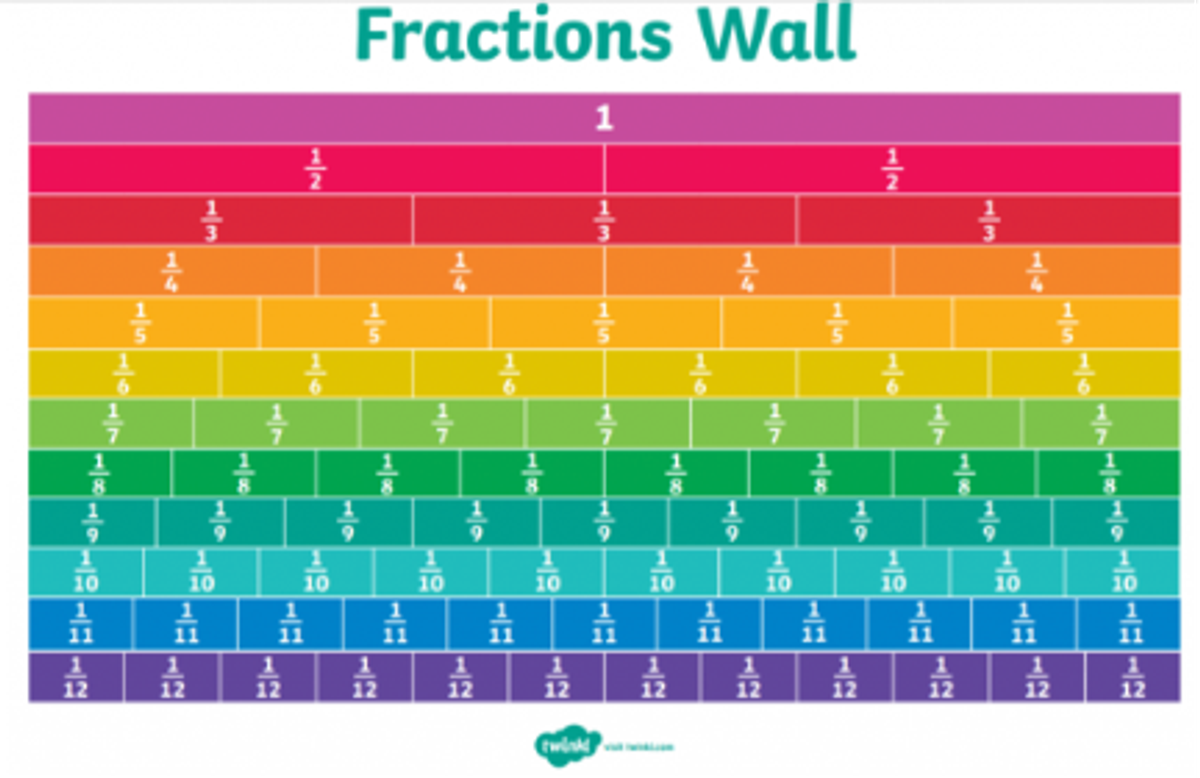
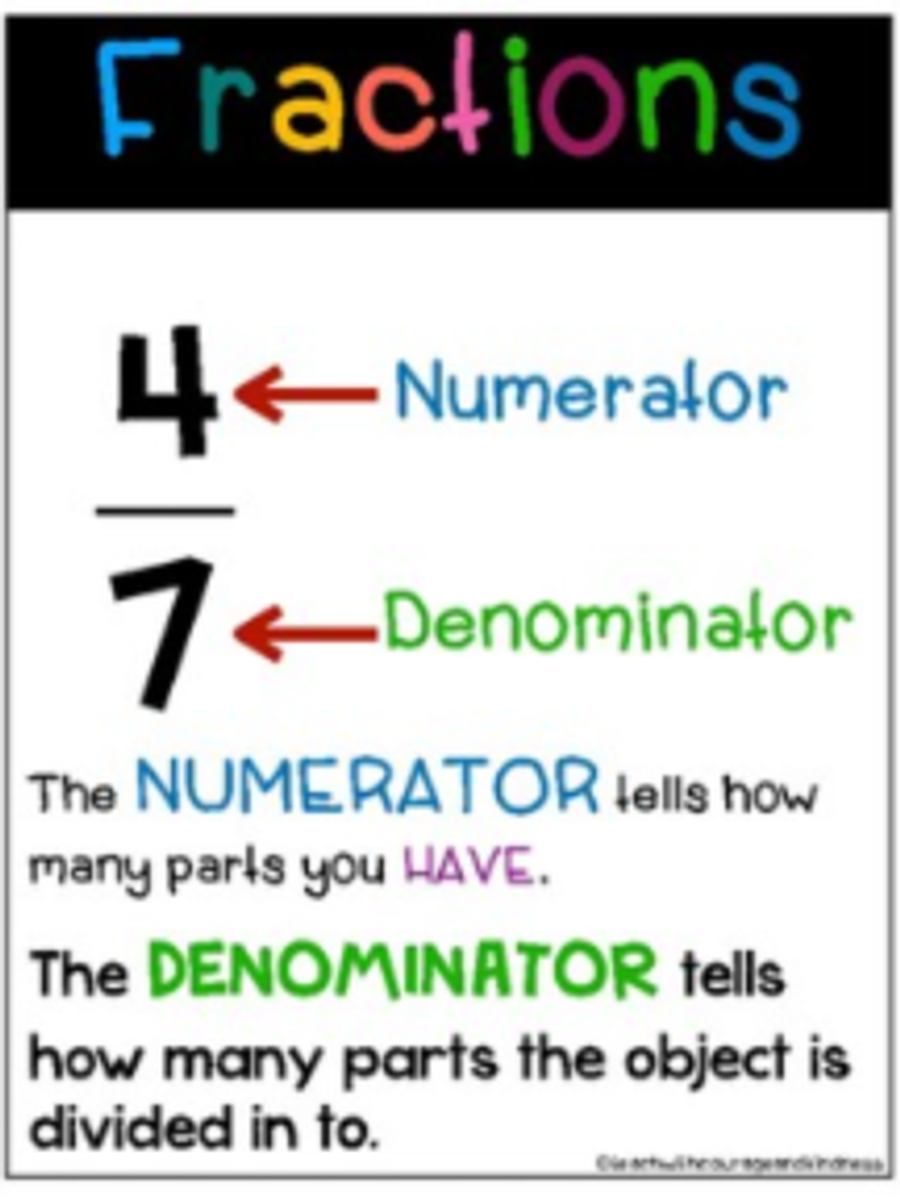




Area and Perimeter
Students have also been learning about area and perimeter. Students have learnt how to calculate the distance around a shape (perimeter) using addition and use multiplication to calculate the space inside a shape.
Take a look at some of the work students have been completing!
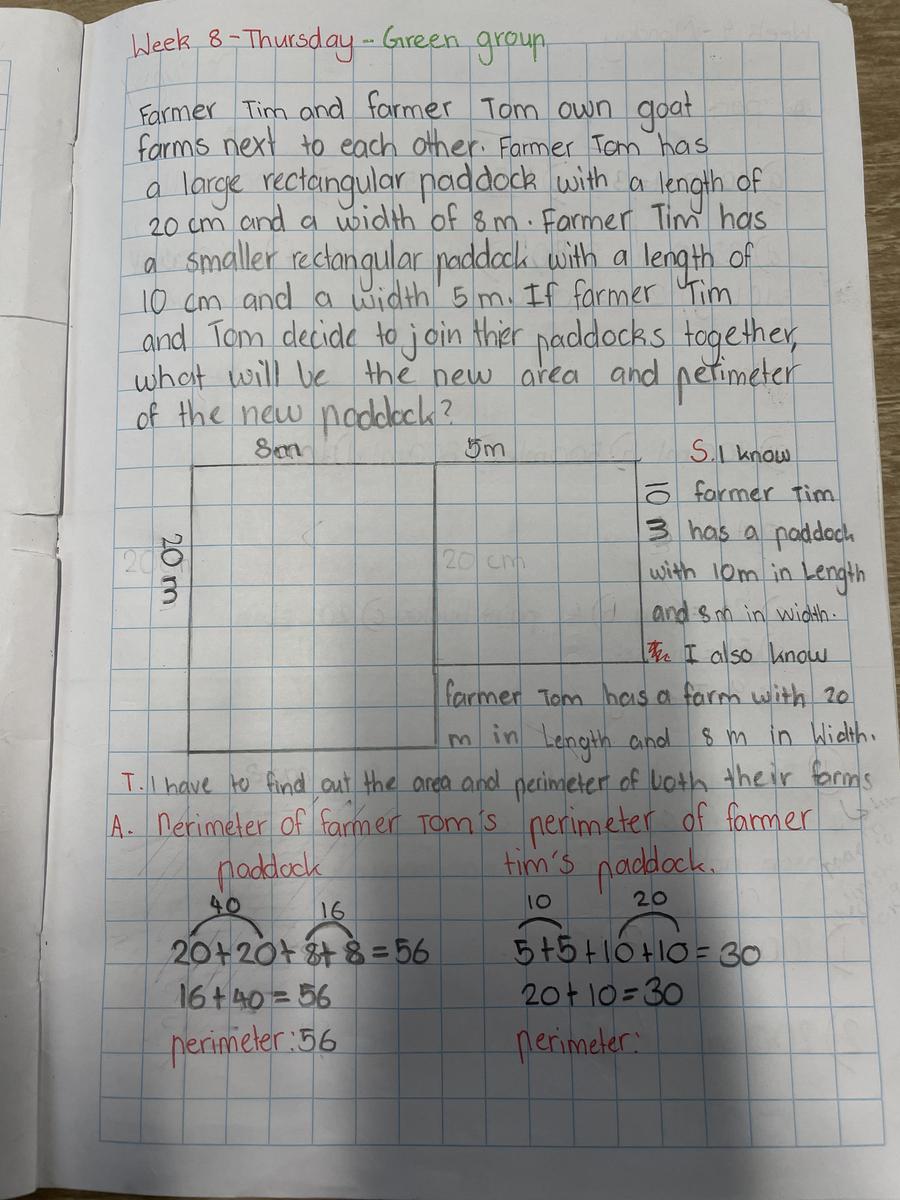
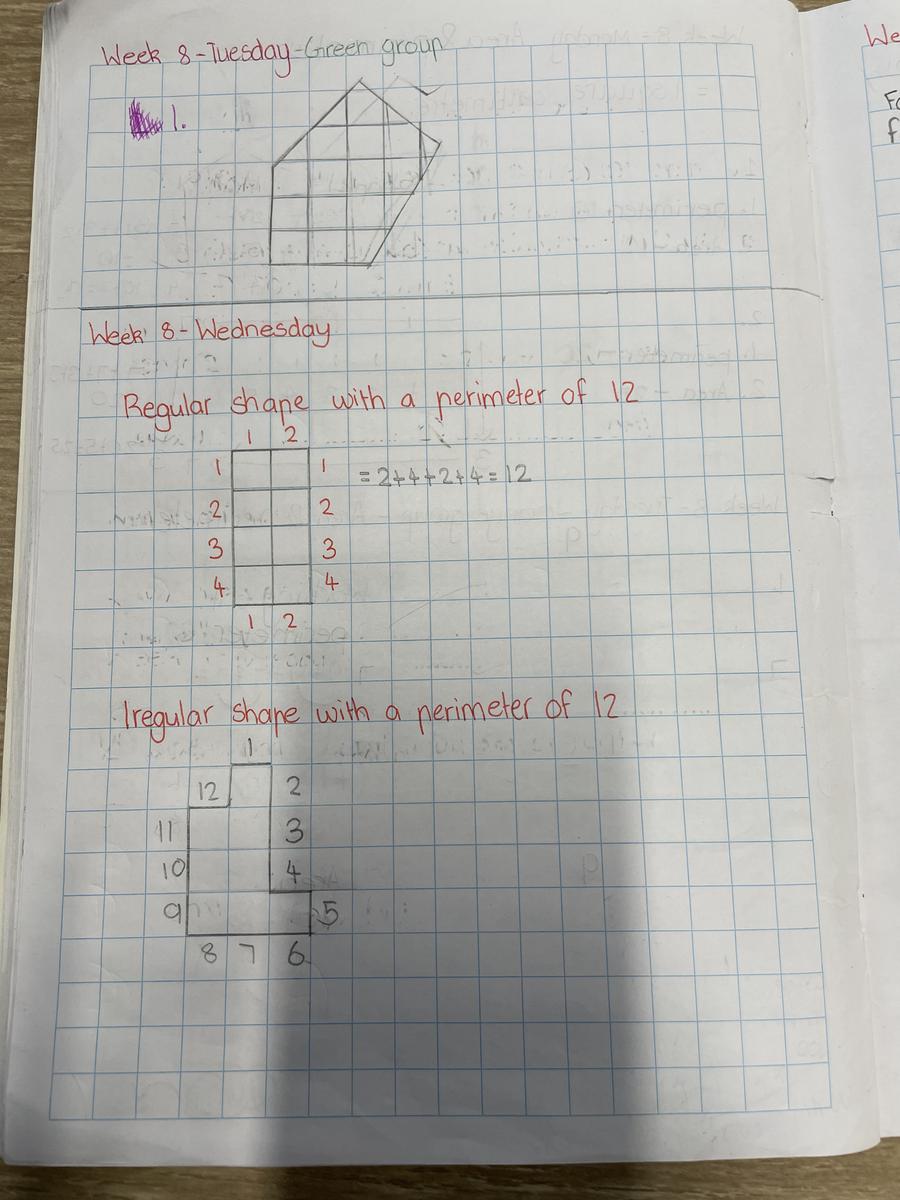
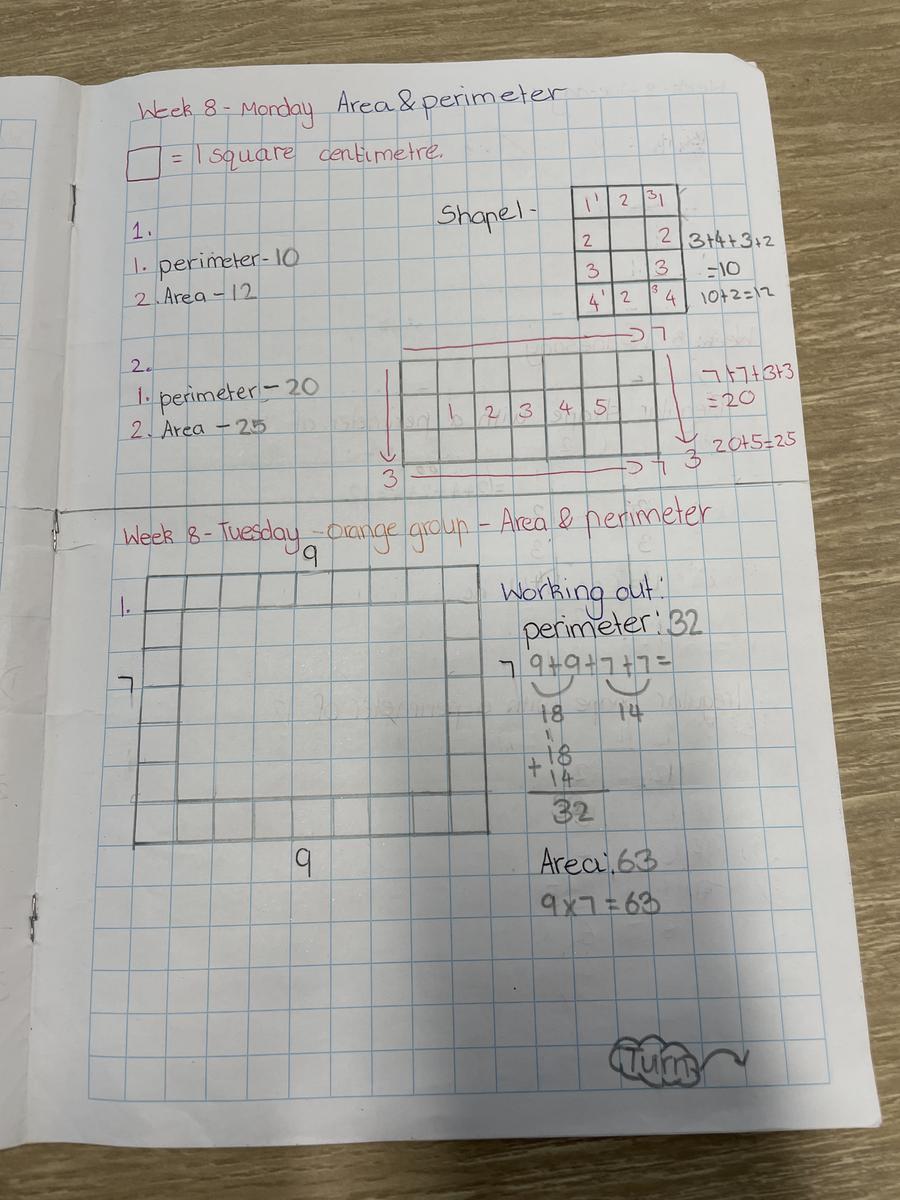



Inquiry
In Inquiry, we are learning about different ecosystems/biomes. We learned to identify a biome’s biotic and abiotic factors, and how those factors work together to create a balance. In groups and pairs, we investigated how humans have impacted the biomes positively and negatively. Also, we researched ways to help protecting ecosystems. We worked on dioramas and posters to represent the biomes of our choices.
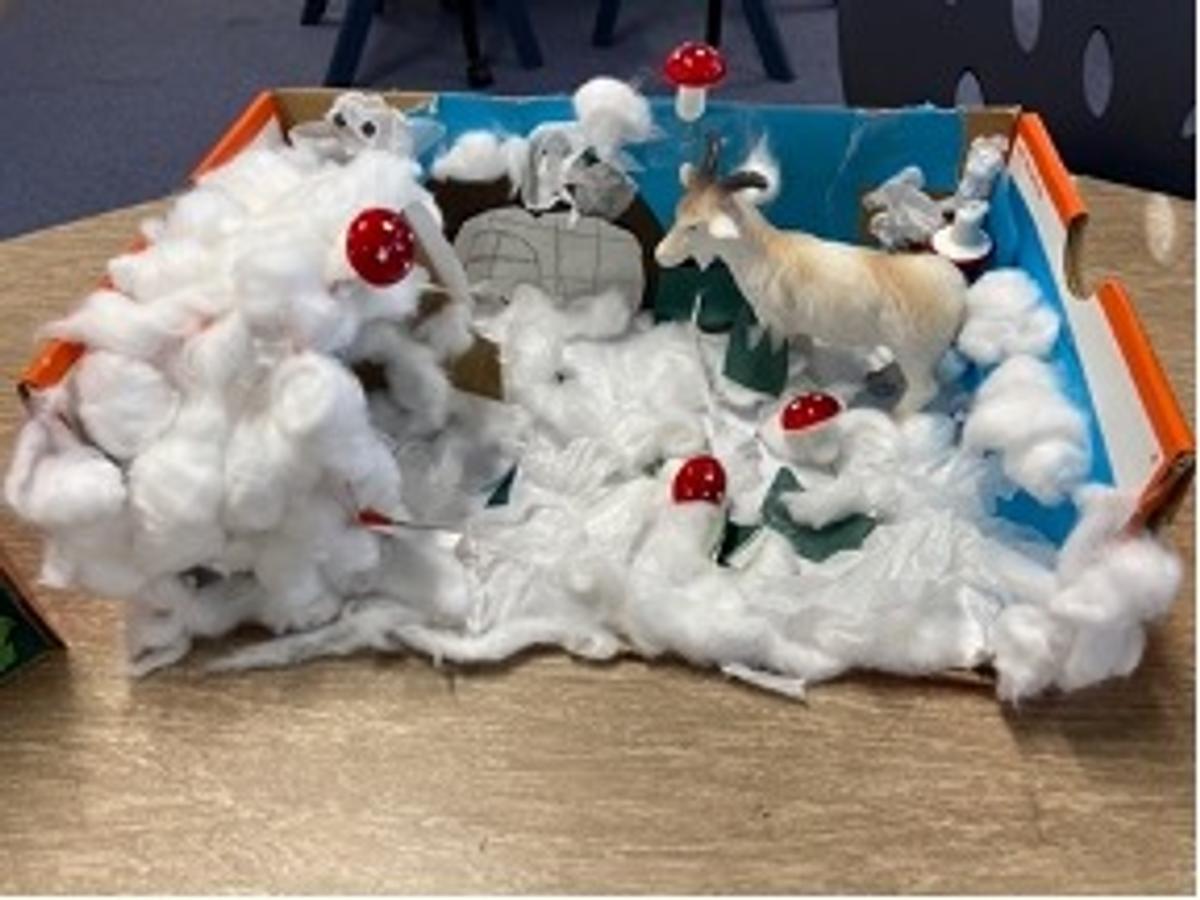
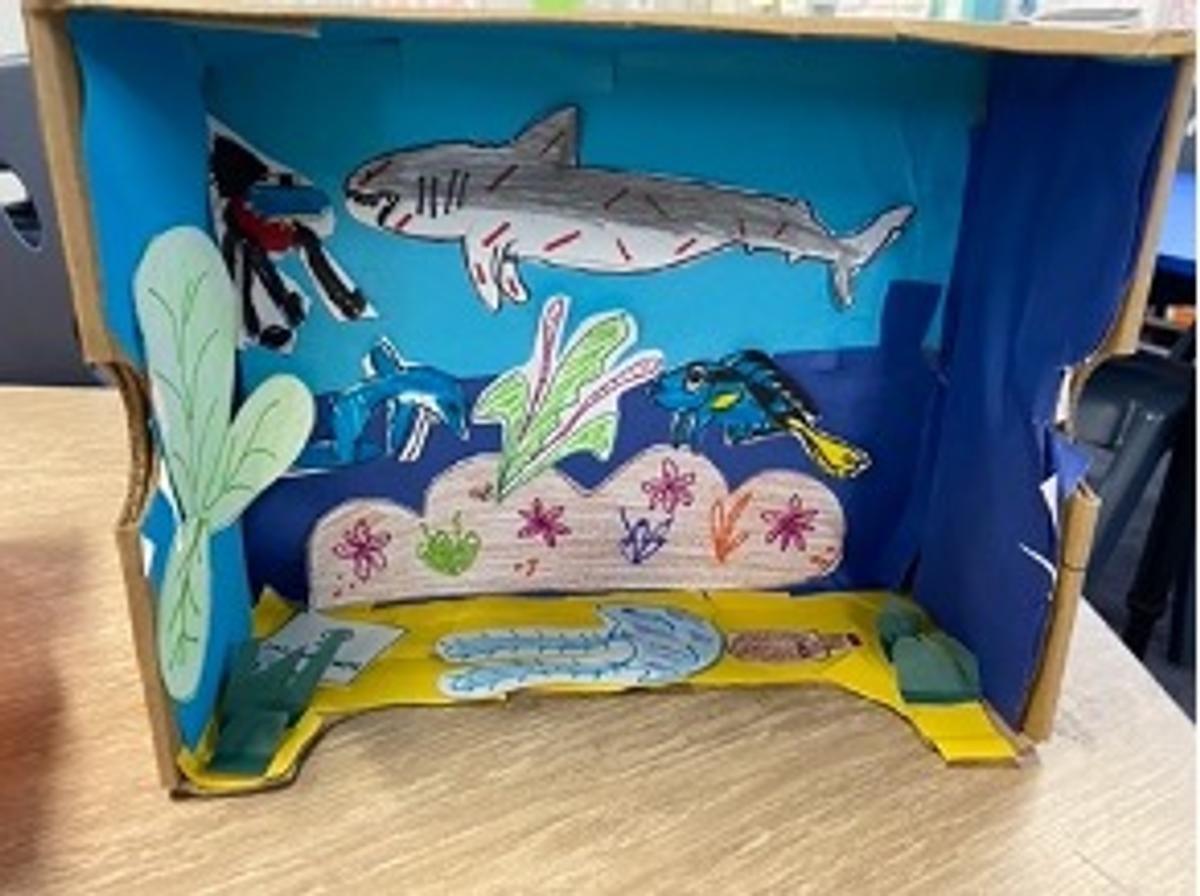

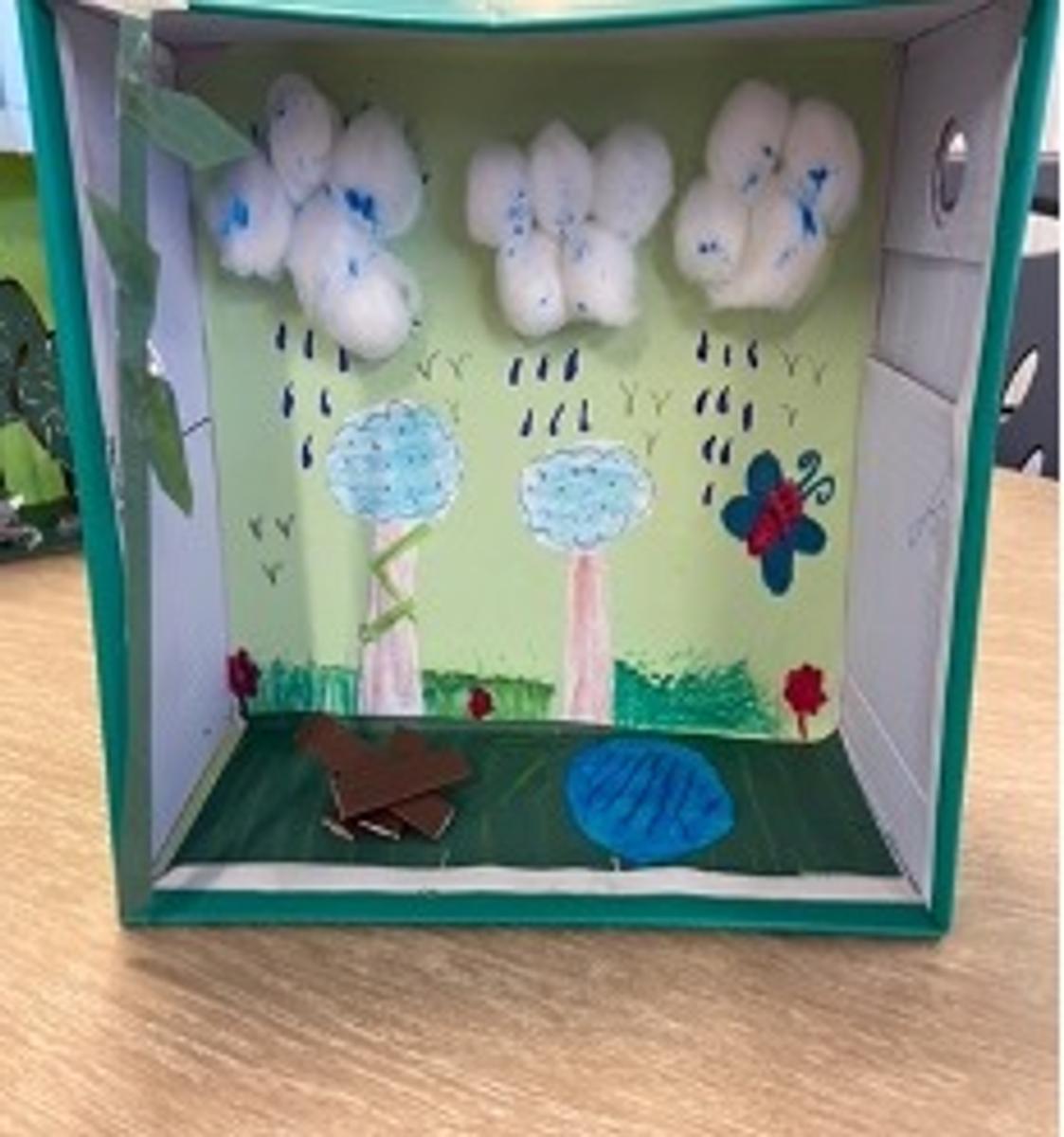

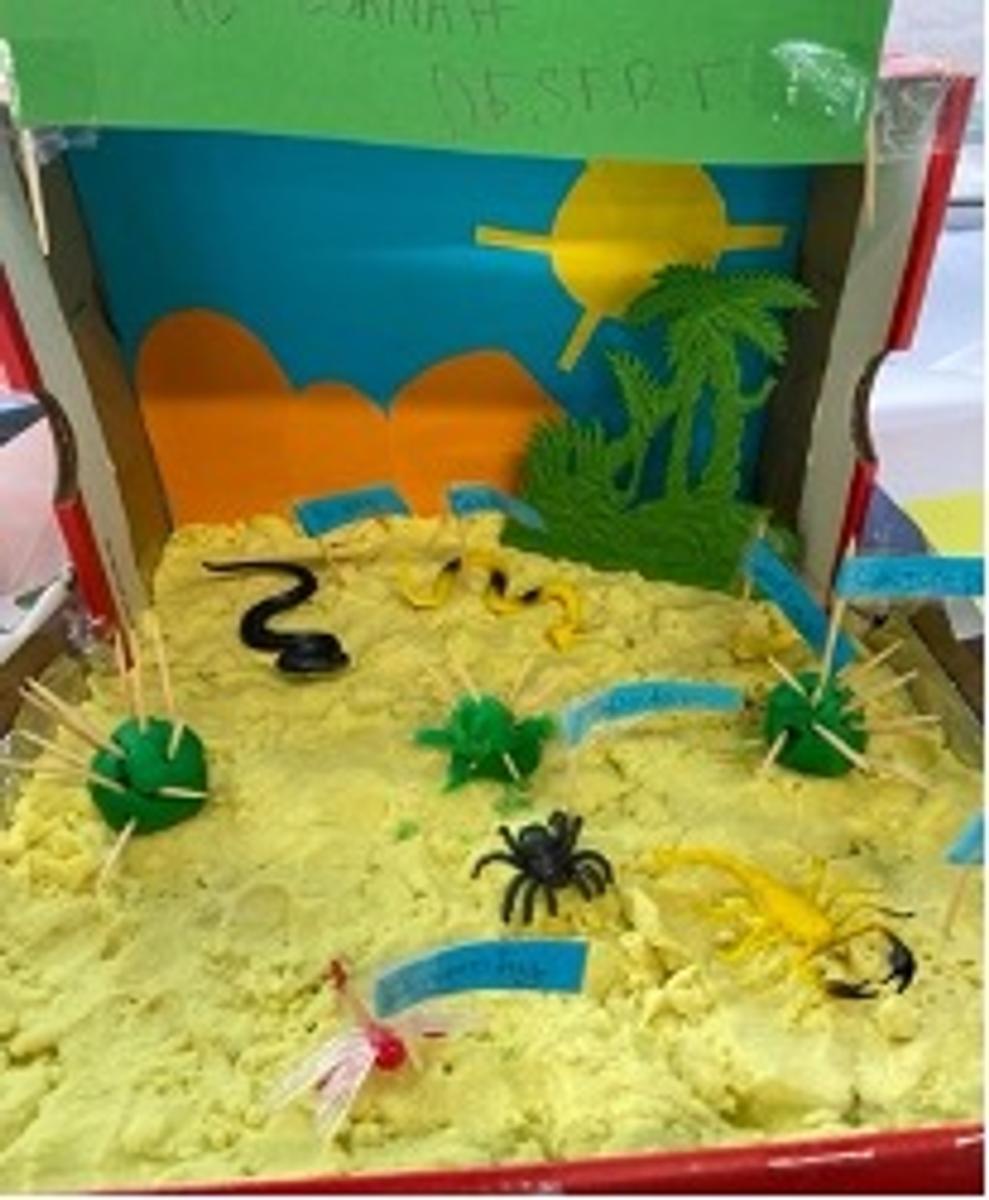
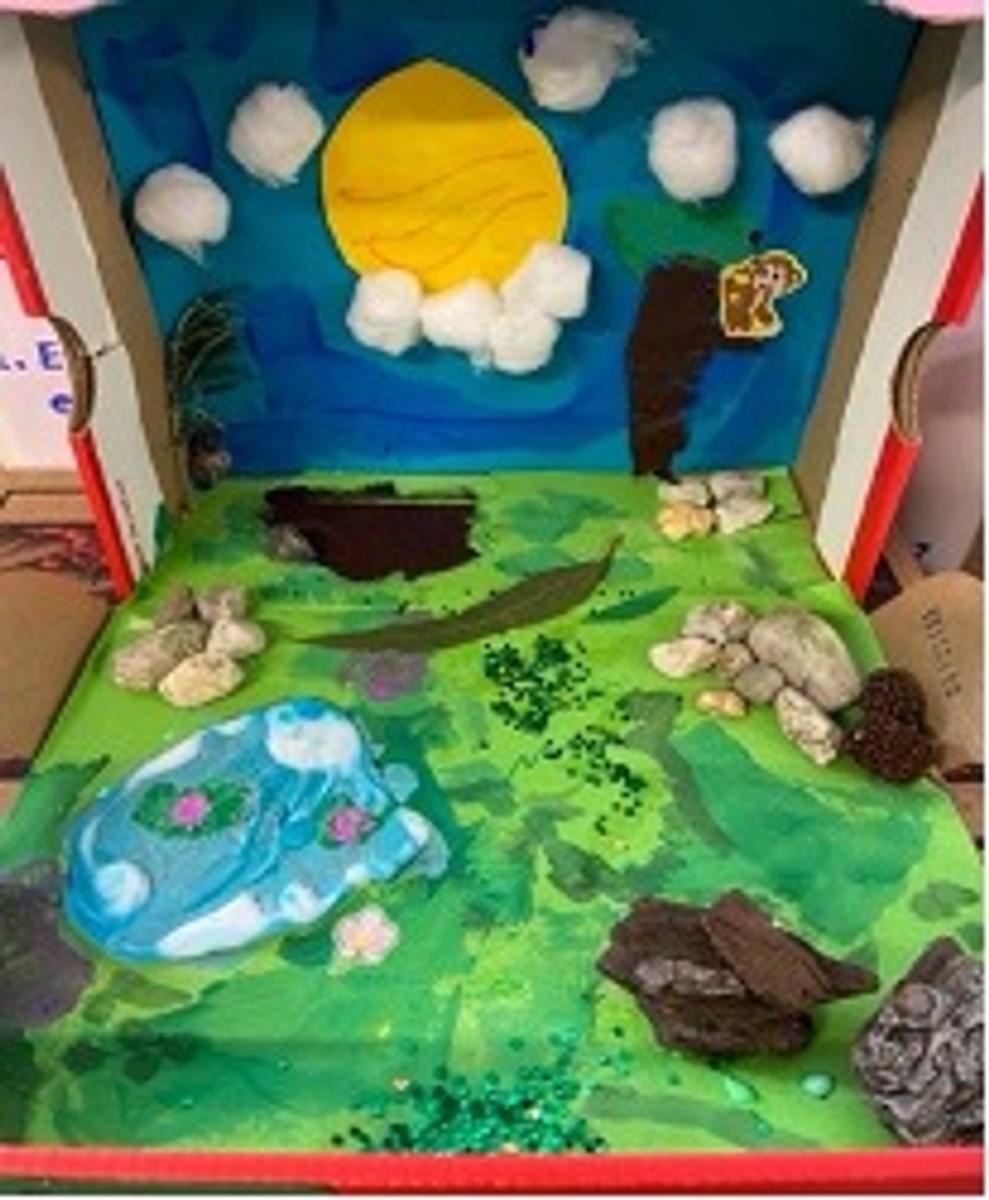







SEL
The focus for our SEL sessions this term have been help-seeking behaviours. We distinguished small problems from the serious ones, identified who can help us with our problems and whom we can help when needed. Through role-play, we practised how to ask for help in a respectful and polite manner.
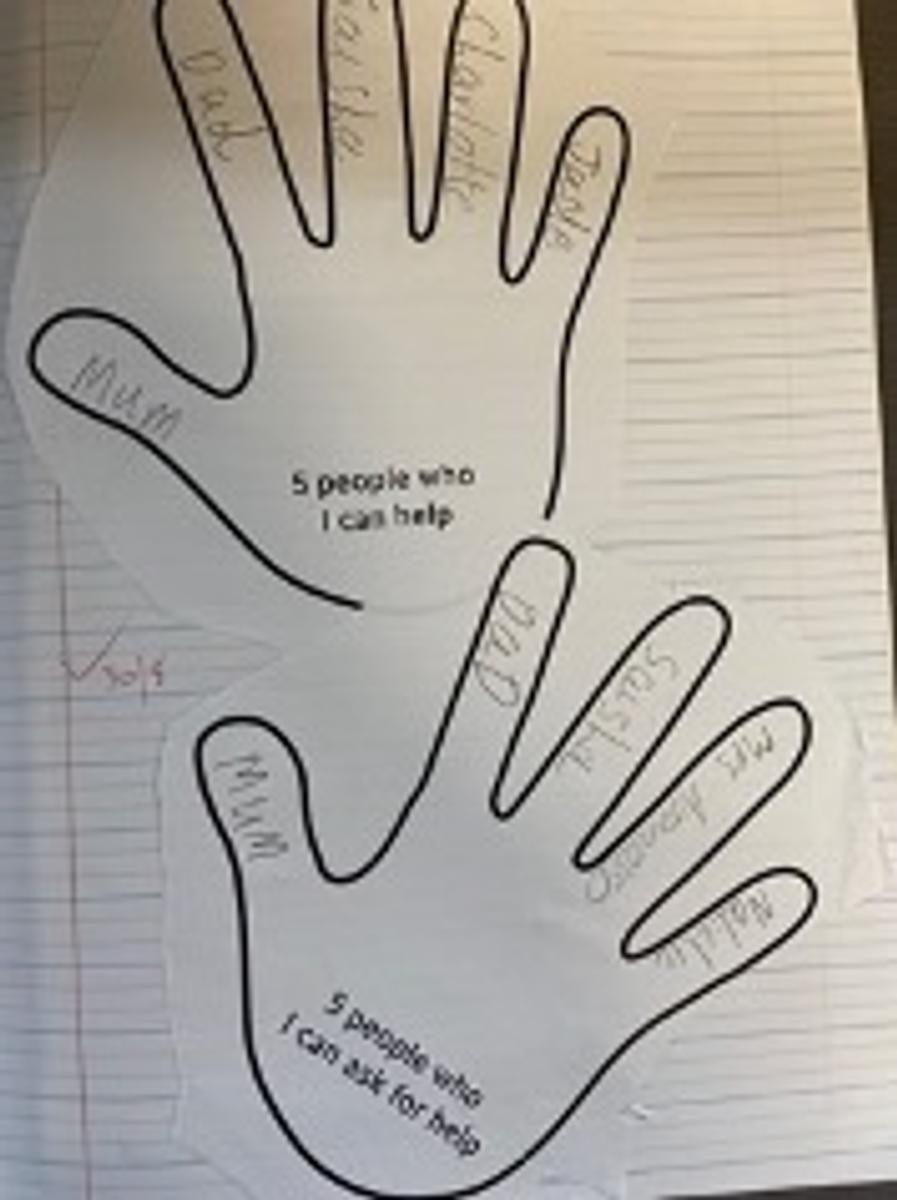
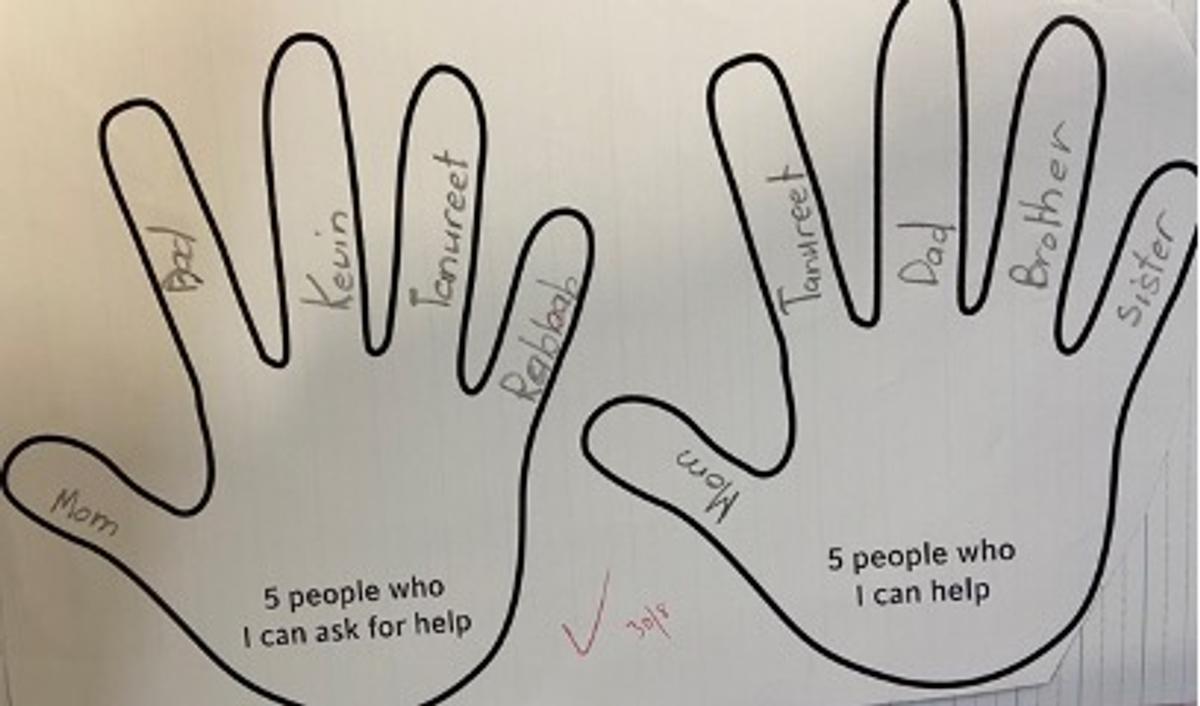
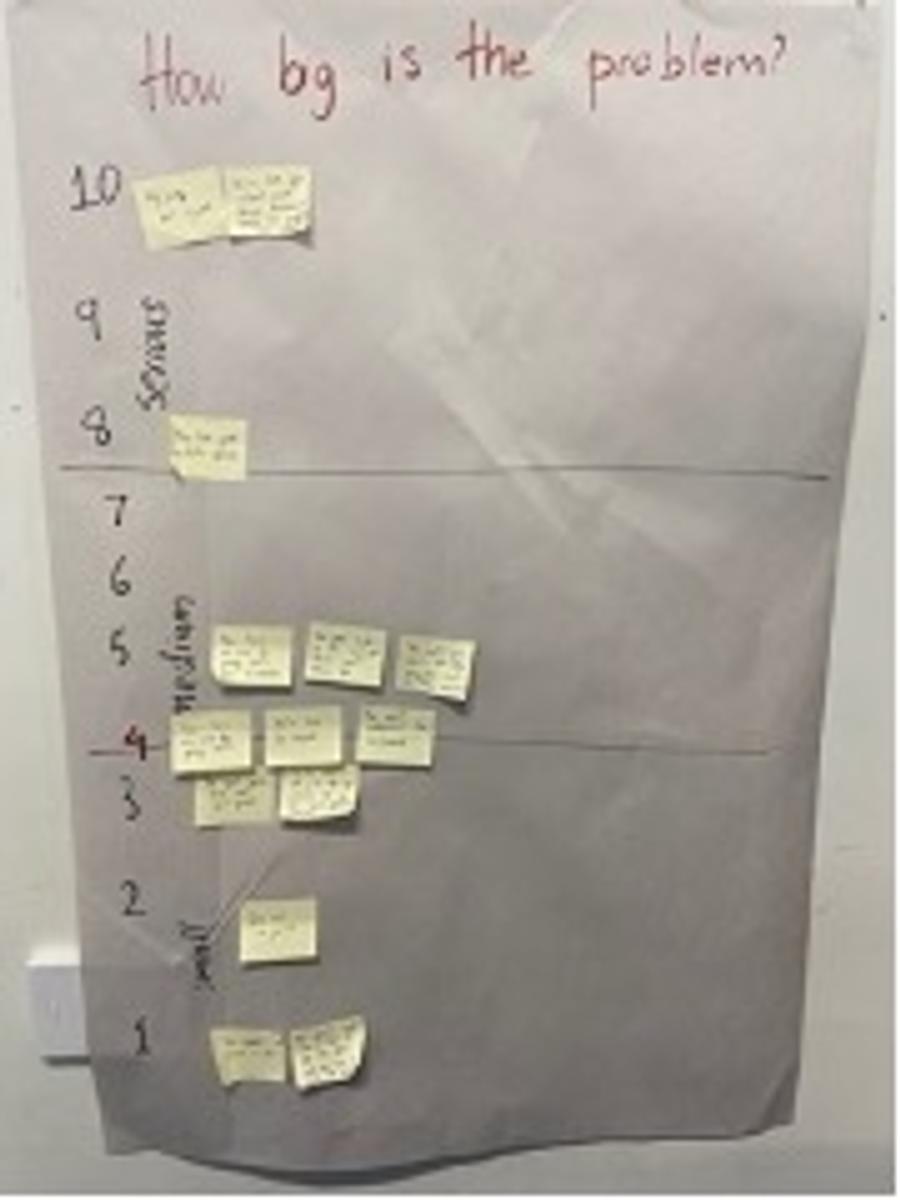



Friendly Reminders
We thank you for your ongoing support this term and wish everyone a safe school holidays!
The Icarus Community Teachers 🙂